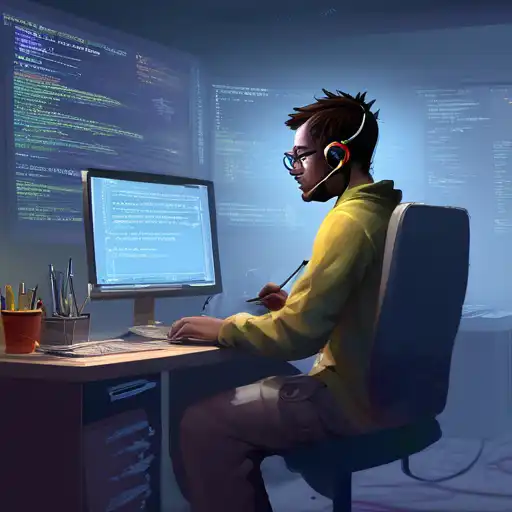Introduction to Debugging
Debugging is an essential skill for every programmer, especially for those just starting out. It involves identifying and resolving errors or bugs in your code that prevent it from running correctly. This article will provide you with essential debugging tips to help you become more efficient and confident in your coding journey.
Understand the Error Messages
One of the first steps in debugging is to understand the error messages your development environment throws at you. These messages are not just random text; they are clues that can lead you to the root of the problem. Take the time to read and comprehend these messages, as they often point directly to the line of code causing the issue.
Use a Debugger Tool
Most integrated development environments (IDEs) come with built-in debugger tools. These tools allow you to step through your code line by line, inspect variables, and see the flow of execution in real-time. Learning how to use these tools can significantly reduce the time you spend debugging.
Break Down the Problem
When faced with a bug, try to isolate the problem by breaking down your code into smaller, manageable parts. This approach, known as divide and conquer, can help you pinpoint the exact location of the bug without getting overwhelmed by the complexity of your entire program.
Check for Common Mistakes
Many bugs arise from common mistakes such as syntax errors, off-by-one errors in loops, or incorrect variable names. Always double-check your code for these simple errors before diving deeper into more complex debugging strategies.
Take a Break
Debugging can be frustrating, especially when you're stuck on a particularly tricky bug. Sometimes, the best thing you can do is take a short break. Stepping away from your computer can help clear your mind and often leads to a fresh perspective when you return.
Seek Help from the Community
Don't hesitate to seek help from the programming community. Platforms like Stack Overflow or GitHub are great places to ask questions and learn from others who may have faced similar issues. Remember, every programmer has been in your shoes at some point.
Practice Makes Perfect
Finally, the more you code and debug, the better you'll become at it. Debugging is a skill that improves with practice. Over time, you'll develop an intuition for where bugs are likely to occur and how to fix them efficiently.
Debugging is a critical part of programming that can be both challenging and rewarding. By applying these tips, you'll not only solve problems more effectively but also enhance your overall coding skills. Happy debugging!
